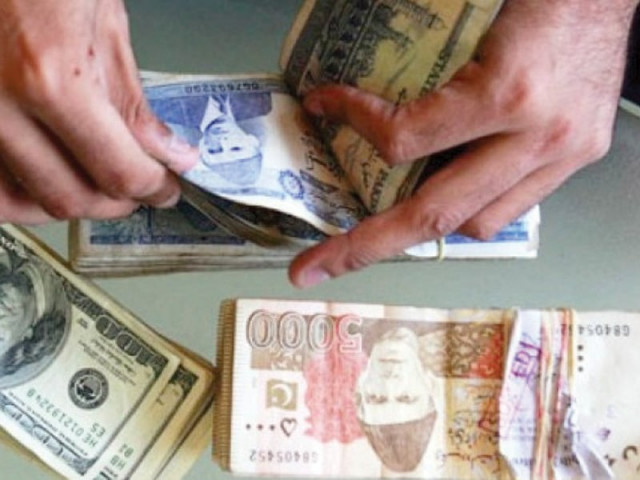Additional benefits: Centre to release Rs3.4 billion to provinces under NFC
The announcement was made during a bi-annual meeting of National Finance Commission.

The announcement was made during a bi-annual meeting of National Finance Commission. PHOTO: FILE
The government on Tuesday announced that it would release Rs3.4 billion to provinces for saving Rs165billion over the past six months from their budgets to finance soaring federal expenditures.
Interestingly, the biggest share of the pie went to Balochistan and Khyber-Pakhtunkhwa (K-P) provinces, the two most underdeveloped units, hit by a wave of insurgency and terrorism.
The announcement was made by Finance Minister Ishaq Dar during a bi-annual meeting of National Finance Commission (NFC), attended by Syed Murad Ali Shah, Adviser to Chief Minister Sindh on Finance, Sirajul Haq, K-P Finance Minister, Mujtaba Shujaur Rehman and Finance Minister Punjab.
According to details, the fresh awards are exclusive of Rs471.5 million that the government earlier released to provinces on saving Rs92.5 billion during the July-September period. From October to March this year, the provinces saved an additional amount of Rs165 billion and subsequently, secured Rs3.4 billion reward.
The finance minister announced the payments as an incentive for provinces for maintaining surpluses for second and third quarters of the current financial year, according to Ministry of Finance.
It added that the Council of Common Interest (CII) – the highest inter-provincial constitutional body, allowed to pay an interest rate equal to three-month treasury papers for making savings.
Out of Rs3.4 billion, Balochistan received Rs1.6 billion, K-P secured Rs1.2 billion, Punjab Rs556.5 million and Sindh Rs2.4 million.
However, critics argue that rewards linked with savings would discourage the provinces from spending on uplift schemes. They added that it also goes against the principle of provincial surplus –a sum that province saves and helps to reduce overall national deficit. Paying interest rate on savings will convert it into borrowings, they added.
The economists encourage the practice of prudent fiscal spending by the provinces but argue that it should not be at the expense of compromising social services, which are now provincial subjects after the 18th amendment in the Constitution.
On the back of Rs257 billion total savings in nine months, the overall national budget deficit was curtailed to 3.1% of GDP. By excluding the provincial savings, the federal budget deficit was 4.1% of GDP, slightly lower than last year’s level.
For the next fiscal year, the government has given Rs225 billion or 0.8% of GDP saving target to the four federating units in a bid to restrict overall national budget deficit to 4.8% of GDP.
The finance minister told the provinces that based on Rs2.810 trillion proposed tax target for next fiscal year, the provinces will get an additional Rs200 billion as their share in the federal divisible pool.
For the current fiscal year the provinces share had been determined at Rs1.503 trillion, which will be cut by minimum Rs100 billion after FBR has failed to achieve this year’s tax target.
The commission reviewed implementation on NFC Award for the period July-December 2013 of the current financial year. It was informed that the gross divisible pool taxes amounted to Rs1.10 trillion. After deducting 1% collection charges and 1% war on terror charges being given to KPK, the balance net divisible pool amounted to Rs990.6 billion. Out of which 569.58 billion was the provincial share.
Dar also urged the provinces for early implementation of the decision taken at CCI meeting regarding Federal Adjuster issue.
The minister informed the provincial representatives that in the next NFC meeting, all issues of provinces will be discussed and procedural improvements will be made in consultation with all stakeholders.
Published in The Express Tribune, May 21st, 2014.


















COMMENTS
Comments are moderated and generally will be posted if they are on-topic and not abusive.
For more information, please see our Comments FAQ